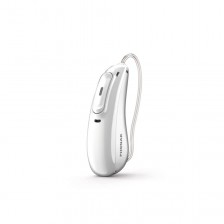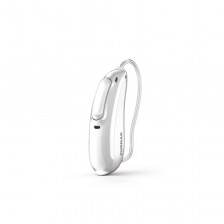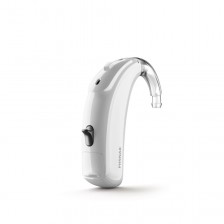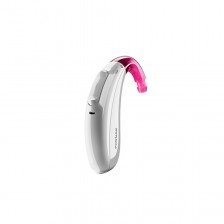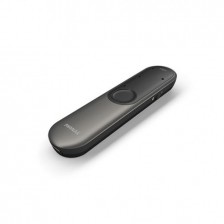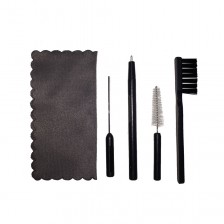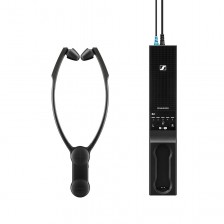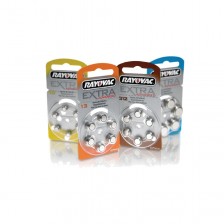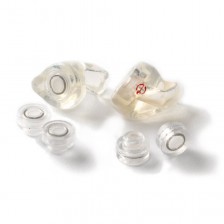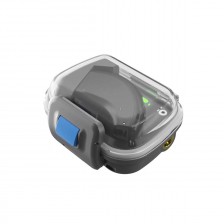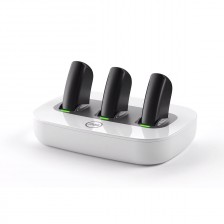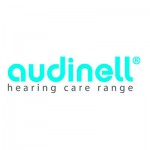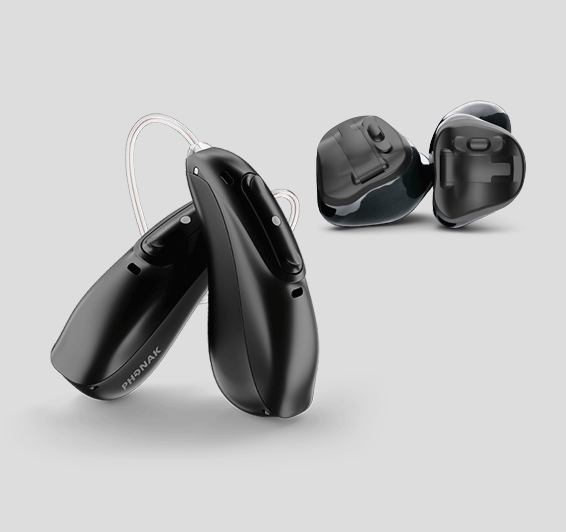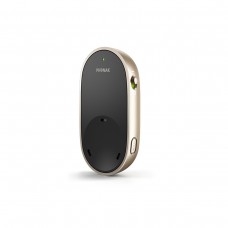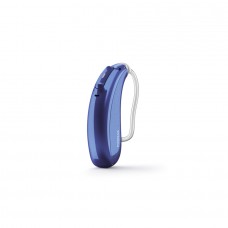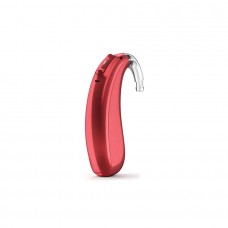Is it good for my child to get a cochlear implant?


When making the decision to become parents, you generally do not consider the idea of how to act when faced with a disability. Children do not come with an instruction manual and ignorance is even greater when a disability joins the path. That is why we are writing this publication, because we understand that your situation at certain times can be overwhelming and surely sometimes you need someone from outside to put themselves in your shoes and confirm that you are doing things right or help you make the best decisions. If your child has hearing loss, you will have already heard about cochlear implants and will have an idea of what they are. If not, we invite you to come and look first this publication that we attach to you before continuing reading this other one.
Cochlear implants are the alternative to hearing aids and are prescribed when they fail to provide the child with sufficient hearing performance. On this occasion we are going to be explaining all the points in favor and the challenges that both you and your baby are going to have to face in this situation:
Benefits of cochlear implants
1. Better auditory stimulation
Cochlear implants can allow your child to pick up sounds you wouldn't be able to hear any other way.
2. Helps your integral development
Hearing is a vitally important aspect for the comprehensive development of babies. It ranges from language and cognitive development to the formation of emotions, security and social interaction, therefore, it is very important to act as soon as possible and completely due to the inability to listen correctly. A delay in the child's learning process can be limiting in many aspects.
3. Conventional educational access
Education with programs specialized in their disability will not always be strictly necessary when a child's disability exists. Whenever possible, depending on the child's communication difficulties, it will be better to opt for enrollment in conventional schools.
Students in special education schools may face lower expectations of the child's abilities and therefore may not be able to develop their abilities to the fullest.
What you should know before implantation
1. Early performance
Every change requires habituation. Depending on the person, this change will be more difficult or easier but One of the most important factors to facilitate this process is acting early, ideally before 3-4 years of age. At these ages, language development is at its critical moment.
2. Rehabilitation
Cochlear implants do not transmit the same sound that a normal-hearing person hears naturally nor the same sound that hearing aids deliver. It is even possible that the child has never been able to hear correctly as people without hearing loss do, so the child will need professional help to learn to interpret all the sounds. In this part of the process, parents have an extremely important role, so collaboration and commitment with professionals is essential.
We hope that, after reading this post, we have been able to resolve many of your doubts. We recommend that you speak with your child's ENT doctor and audiologist, who have studied your child's specific case, and who will advise you on whether or not to implement it in the most accurate way possible. Finally, we remind you that a fast and early action significantly reduces developmental delays and promotes a better quality of life. If you have suspicions about your child's good hearing performance, do not hesitate to contact a professional.
